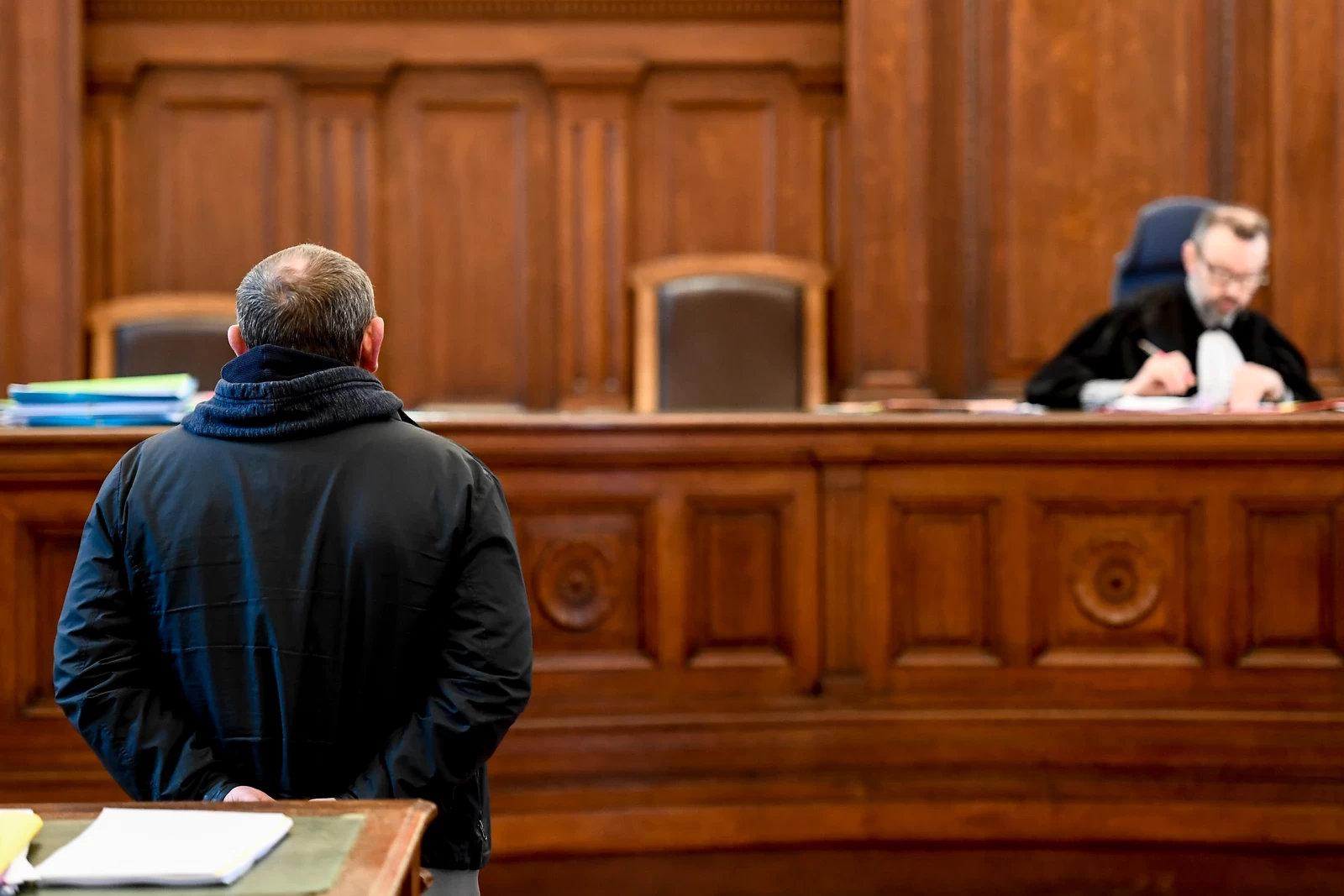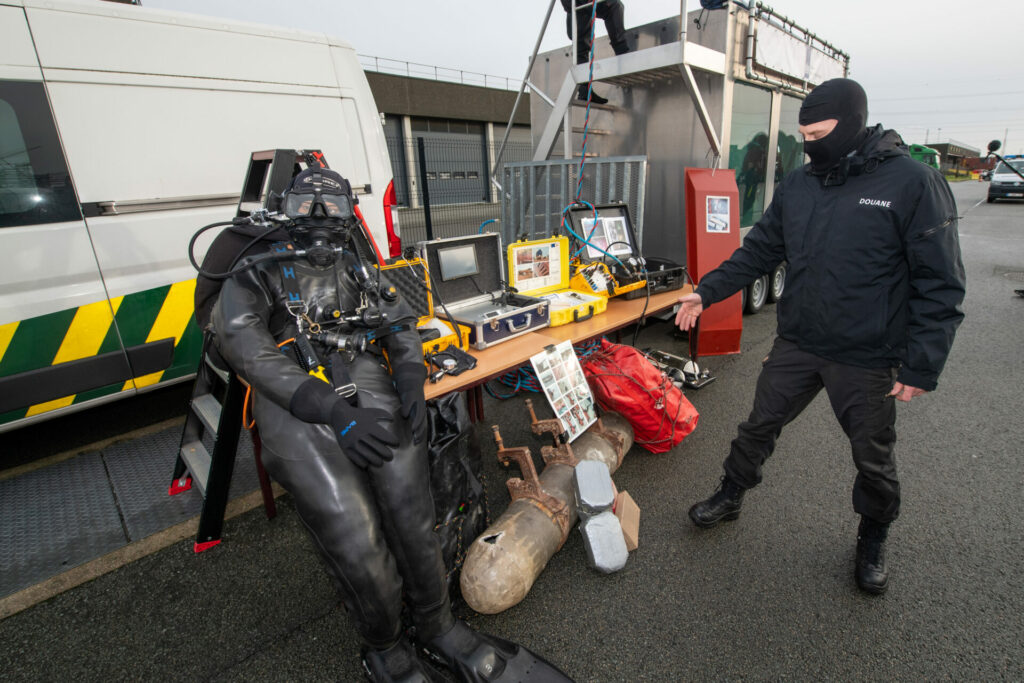With organised crime becoming increasingly sophisticated and posing a greater threat to Belgium's forces of law and order, a number of efficient measures to tackle organised crime have been given the go-ahead. Unusually, these will go into immediate effect.
Police and the judiciary have long been calling for stronger tools to take faster and tougher action against criminal gangs, as organised crime becomes more prevalent both in metropolitan and rural areas. Their requests have now been heeded with a number of measures envisaged as part of the discussion of the new Penal Code pushed through more quickly, while the code itself is still under discussion in parliament.
"We are not waiting for the new Penal Code to introduce these efficient measures," Justice Minister Paul Van Tigchelt said. This process is only foreseen two years after its approval in parliament. "Police and Justice will be able to use them with immediate effect."
Fast-track court appearance
Most notably, summary justice for arrested suspects will be restored. This procedure was introduced in 2000 but was overturned by the Constitutional Court in 2002, despite being seen as an effective means to quickly punish offenders.
Van Tigchelt also believes it can help prevent the sense of impunity and avoid recidivism. The procedure can now be applied for simple cases where no further investigation is needed, for example when someone is caught in the act or when the offender has confessed.

A man in court. Credit: Belga
The current bill does require the offender to consent to the procedure, which means that appearing in court with the assistance of a lawyer can take place from five working days after the arrest.
Importantly, this adjustment of the Penal Code was allowed only if the limits on participating in demonstrations were permanently dropped after facing opposition from leftist government partners. As a result, the ban on demonstrations disappeared from the text and summary justice took its place.
Hidden compartments and throwing objects over prison walls
The new bill includes four other provisions to empower authorities. Firstly, the long-awaited increased penalties for violence against the police, emergency workers and other protected social functions will finally come into effect.
Violence that is usually punishable by one to three years' imprisonment will now go up to sentences of three to five years. Furthermore, the list was expanded to protect lawyers, journalists and all health professionals. It also applies to all police officers, including those at reception desks in police stations. Manslaughter, torture and inhuman treatment will also receive tougher punishment.
If violence results in the victim being incapacitated, perpetrators will also be punished more severely. If a weapon was used, three to five years imprisonment is possible. Incidents without a weapon face six months to three years' detention.
Also new is that throwing objects such as mobile phones, weapons or drugs over prison walls will become punishable. This is an issue if particular importance in prisons, which often find that convicted drug criminals try to continue their trade within the prison walls. The penalty is set at 15 days to a year in prison with a fine of €400 to €4,000. Tougher sentences are possible for repeat offenders.
Related News
- Police can make unlimited use of 'bait bikes' to track down thieves
- Antwerp Port sees drop in cargo as organised crime presents key challenge
Police and public prosecutors have also seen an uptick in criminal gangs who equip their vehicles with hidden compartments to transport drugs, weapons or criminal money. This will now be punishable by a fine of up to €20,000 and owners of such vehicles can face a prison sentence of six months to three years. Equipping a car with such a space can result in five years in prison.
Finally, it will become mandatory for every court to have an environmental judge. The lack of this position makes serious environmental crimes harder to identify, prosecute or punish.

